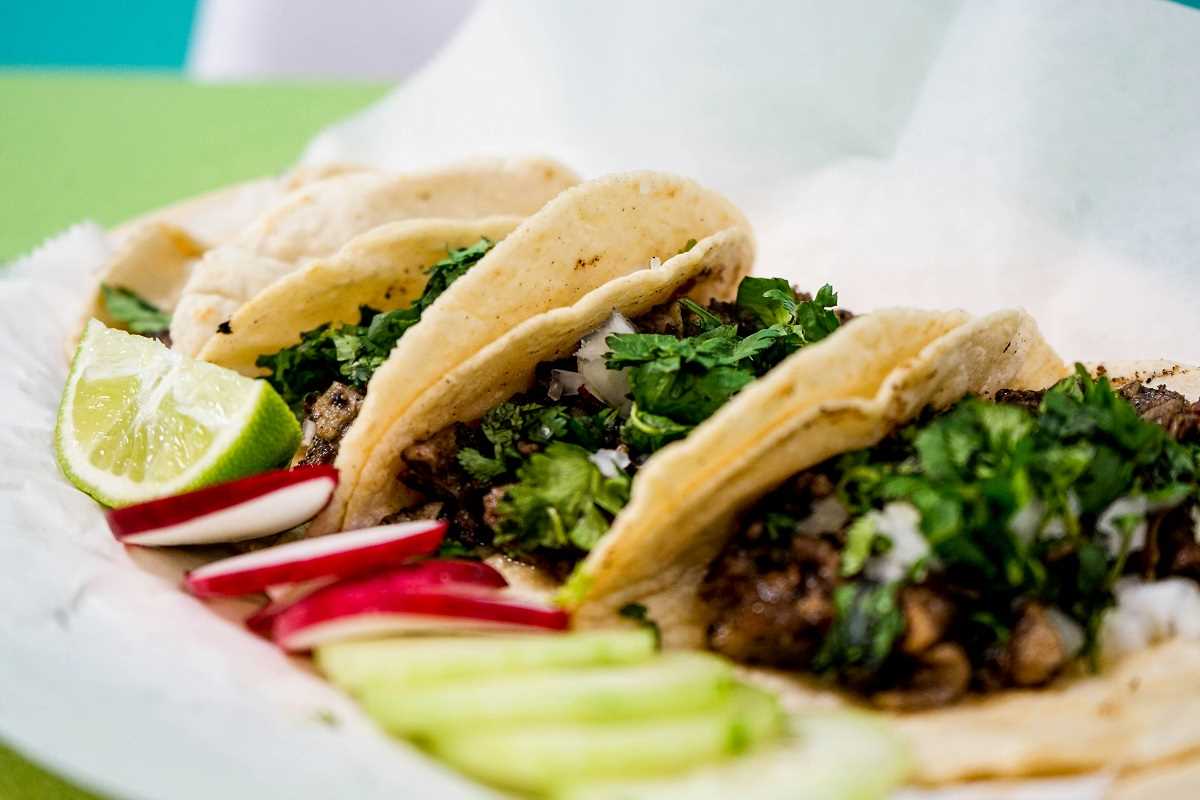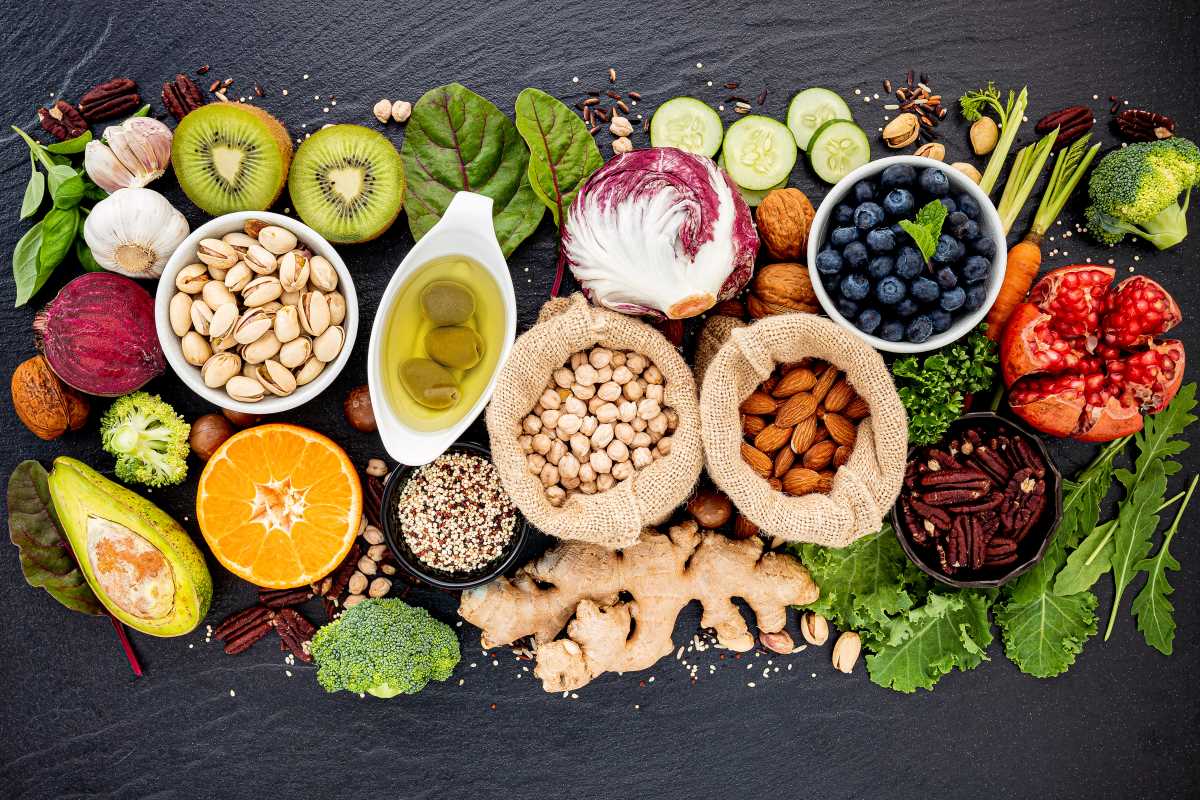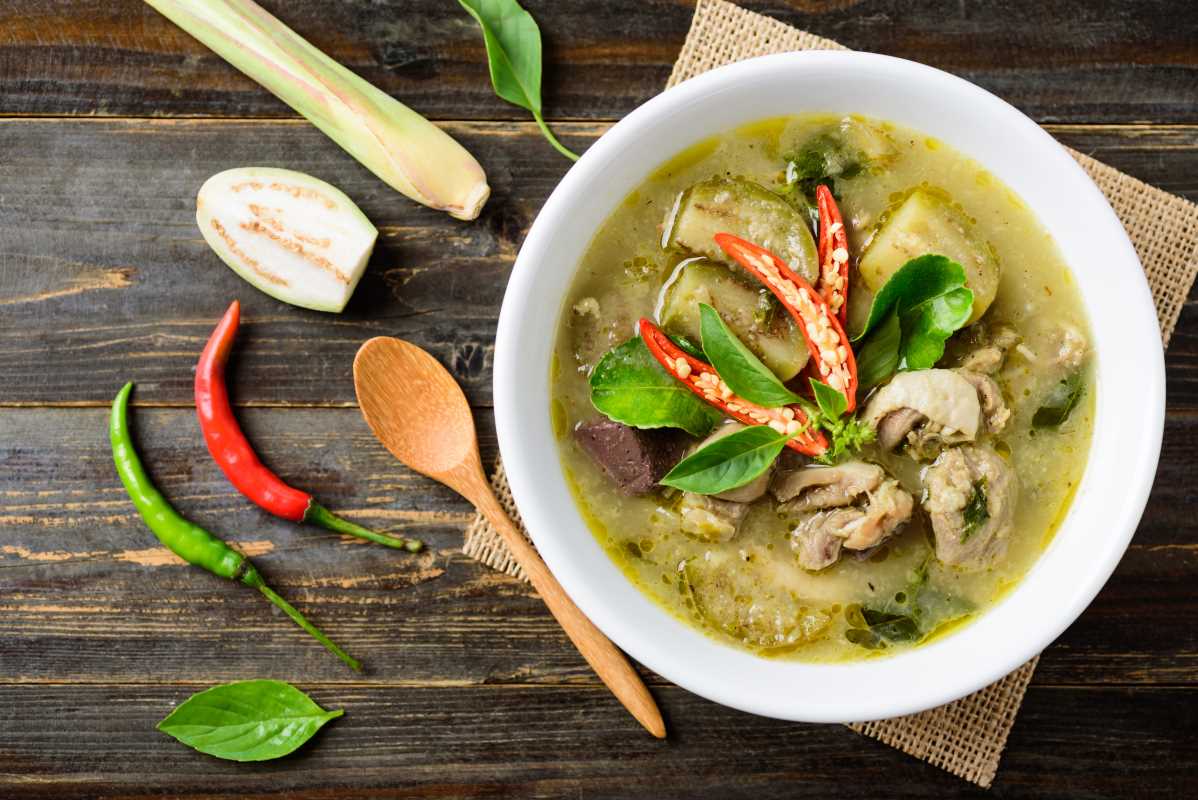Imagine transforming your treasured family recipes into a venture that captures taste buds across the globe—an exhilarating prospect, particularly for women entrepreneurs running their businesses from home. If a secret sauce or a beloved dessert ignites your passion, expanding your food business offers the opportunity to share your distinctive flavors with kitchens far and wide. Embarking on this adventure, you can elevate your homegrown culinary passion into a sensation that resonates worldwide. Let's delve into the steps you can take to scale your enterprise and turn your culinary dreams into an international reality.
Understanding Your Roots and Recipes
Your family's recipes represent more than just instructions for cooking; they connect you to your heritage and traditions. Preserving these recipes ensures that your unique culinary legacy continues to delight others.
- Authenticity: Maintain the original flavors and techniques that make your recipes special.
- Storytelling: Share the history and personal stories behind each dish to create a deeper connection with your customers.
- Quality Control: Ensure consistency in taste and presentation as you scale your business.
- Brand Identity: Use your family recipes as the foundation for your brand’s unique identity.
Building a Business Plan
A solid business plan plays a crucial role in turning your passion into a successful enterprise. It serves as a roadmap, guiding you through each phase of growth and helping you stay focused on your goals.
- Define Your Vision: Clearly outline what you want to achieve with your food business.
- Market Analysis: Research your target audience and understand the demand for your products.
- Financial Planning: Estimate your startup costs, pricing methods, and projected revenues.
- Operational Strategy: Plan how you'll handle production, distribution, and customer service.
- Marketing Plan: Develop plans to promote your brand and attract customers.
Marketing Your Brand Globally
Expanding your brand's reach requires thoughtful marketing approaches that connect with diverse audiences. Emphasizing your love for cooking can resonate deeply with customers around the world.
Consider these methods to market your brand globally:
- Localized Marketing: Tailor your marketing messages to fit the cultural preferences of different regions.
- Collaborations: Partner with local influencers or businesses to increase your brand's visibility.
- Online Advertising: Utilize targeted ads on social media and search engines to reach international customers.
- Content Marketing: Share engaging content, such as recipes, cooking tips, and behind-the-scenes stories, to build a loyal following.
Using Technology and Social Media
Technology plays a pivotal role in scaling your business by enhancing your reach and operational efficiency. Here are some platforms and tools to consider:
- Social Media Platforms: Use Instagram, Facebook, and TikTok to showcase your products and engage with customers.
- E-commerce Solutions: Platforms like Shopify or Etsy can help you manage online sales and inventory.
- Email Marketing: Tools like Mailchimp allow you to send newsletters and promotions directly to your audience.
- Analytics Tools: Google Analytics and similar tools help you track your website’s performance and understand customer behavior.
- Customer Relationship Management (CRM): Systems like HubSpot help you manage interactions with current and potential customers.
Navigating Global Regulations and Logistics
Expanding your food business internationally involves understanding and complying with various regulations and logistical challenges. Here are some tips to navigate this complex landscape:
- Research International Food Standards: Each country has its own regulations regarding food safety, labeling, and packaging. Make sure your products comply with these standards.
- Obtain Necessary Certifications: Certifications like halal, kosher, or organic can open doors to new markets and increase consumer trust.
- Understand Import/Export Requirements: Familiarize yourself with the legal requirements for shipping food products to different countries, including tariffs and taxes.
- Efficient Logistics: Partner with reliable shipping and logistics companies that can handle the international distribution of your products.
- Local Partnerships: Collaborate with local distributors or retailers to streamline the distribution process and gain local market insights.
Scaling your food business globally is a rewarding journey that blends passion with planning. By honoring family recipes, crafting a solid business plan, marketing effectively, leveraging technology, and understanding global regulations, you can share your culinary creations worldwide. Embrace each step confidently, knowing your unique flavors can delight a global audience.
 (Image via
(Image via





